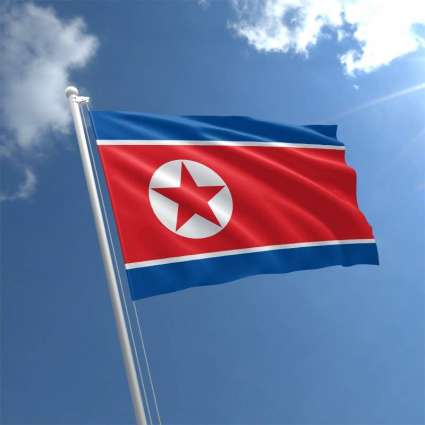UN Special Rapporteur on the situation of human rights in the North Korea, Tomas Quintana, expressed hope on Wednesday that the upcoming United Nations Universal Periodic Review (UPR) of human rights issues in North Korea would influence Pyongyang to prioritize the improvement of its citizens' lives
MOSCOW (Pakistan Point News / Sputnik - 08th May, 2019) UN Special Rapporteur on the situation of human rights in the North Korea, Tomas Quintana, expressed hope on Wednesday that the upcoming United Nations Universal Periodic Review (UPR) of human rights issues in North Korea would influence Pyongyang to prioritize the improvement of its citizens' lives.On Thursday, the United Nations will hold a UPR session on North Korea in Geneva during which the 47 member states of the organization's Human Rights Council will review the human rights record of the Asian country.
"This is a rare opportunity for [UN member] States to directly engage with the DPRK [Democratic People's Republic of Korea] Government on human rights issues ... I hope that the Government of the DPRK and reviewing States put the ordinary North Korean's lives at the heart and openly discuss how to improve their daily life," Quintana said in a statement.
The UN Special Rapporteur also encouraged the reviewing member states to raise the issue of political prison camps in North Korea.
"North Korean citizens live in fear of being sent to political prison camps, only for exercising their fundamental rights. Such a way of living is contrary to the fundamental right to live in dignity, and should never be tolerated," Quintana said.
On Monday, the US State Department released a statement in which it criticized North Korea for allegedly keeping at least 100,000 individuals, including children, in political prison camps and torturing or killing those who attempted to escape. The department's spokeswoman, Morgan Ortagus, called it a dire human rights situation.




